
Larnaca: Where History Meets Tranquility
Larnaca, a coastal city in Cyprus, is a hidden gem that offers a perfect blend of relaxation and rich history. Known for its stunning beaches and vibrant cultural scene, Larnaca is a must-visit for tourists seeking both leisure and adventure. The city is one of the oldest continuously inhabited cities in the world, with a history that dates back more than 6,000 years. Walk through the streets and you will find ancient ruins, beautiful churches, and museums that narrate the stories of bygone eras. The Finikoudes Promenade is a highlight, lined with palm trees and bustling with cafes, restaurants, and shops. It's the perfect place to take a leisurely stroll while enjoying views of the Mediterranean Sea. Just a short distance away is the Hala Sultan Tekke, a revered Muslim shrine located by the picturesque Salt Lake, where flamingos can be seen during the winter months. The church of Saint Lazarus, a stunning example of Byzantine architecture, should not be missed either. For those who love the sea, Larnaca offers numerous water sports and diving opportunities. The Zenobia Wreck, one of the top ten wreck dives in the world, is located just off the coast. The city's nightlife is equally exciting, with a variety of bars and clubs that cater to all tastes. Whether you are a history buff, a beach lover, or someone looking to unwind, Larnaca has something special to offer.
Local tips in Larnaca
- Visit the Hala Sultan Tekke in the morning to avoid the heat and crowds.
- Try local dishes like 'Meze' and 'Halloumi' at traditional tavernas for an authentic culinary experience.
- Rent a bike to explore the city and its beautiful coastline.
- Plan your visit during the winter months to see the flamingos at the Salt Lake.
- If you're interested in diving, book a tour to the Zenobia Wreck in advance.
- Check out local festivals, especially the Kataklysmos Festival, which celebrates the city's maritime heritage.
Larnaca: Where History Meets Tranquility
Larnaca, a coastal city in Cyprus, is a hidden gem that offers a perfect blend of relaxation and rich history. Known for its stunning beaches and vibrant cultural scene, Larnaca is a must-visit for tourists seeking both leisure and adventure. The city is one of the oldest continuously inhabited cities in the world, with a history that dates back more than 6,000 years. Walk through the streets and you will find ancient ruins, beautiful churches, and museums that narrate the stories of bygone eras. The Finikoudes Promenade is a highlight, lined with palm trees and bustling with cafes, restaurants, and shops. It's the perfect place to take a leisurely stroll while enjoying views of the Mediterranean Sea. Just a short distance away is the Hala Sultan Tekke, a revered Muslim shrine located by the picturesque Salt Lake, where flamingos can be seen during the winter months. The church of Saint Lazarus, a stunning example of Byzantine architecture, should not be missed either. For those who love the sea, Larnaca offers numerous water sports and diving opportunities. The Zenobia Wreck, one of the top ten wreck dives in the world, is located just off the coast. The city's nightlife is equally exciting, with a variety of bars and clubs that cater to all tastes. Whether you are a history buff, a beach lover, or someone looking to unwind, Larnaca has something special to offer.
When is the best time to go to Larnaca?
Iconic landmarks you can’t miss
Holy Church of Saint Lazarus
Discover the rich history and serene beauty of the Holy Church of Saint Lazarus in Larnaca, a must-visit for every traveler exploring Cyprus.
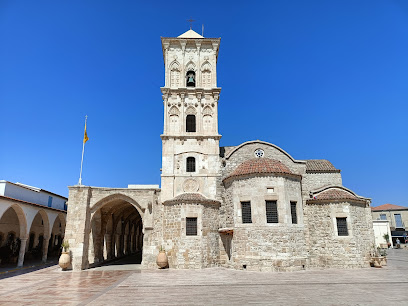
Finikoudes Beach
Discover the stunning Finikoudes Beach in Larnaca, Cyprus, where golden sands meet vibrant nightlife and local culture.
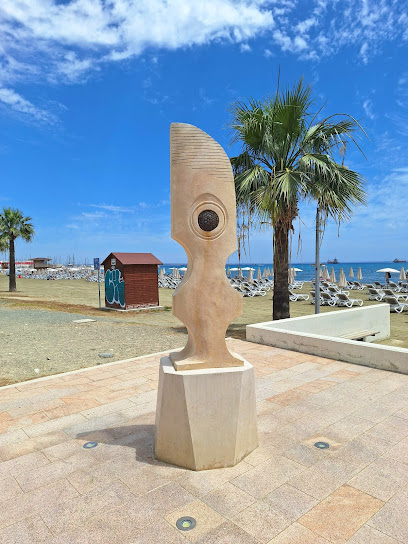
Larnaca Marina
Explore Larnaca Marina, a stunning waterfront destination in Cyprus known for its vibrant atmosphere, luxury yachts, and beautiful dining options.
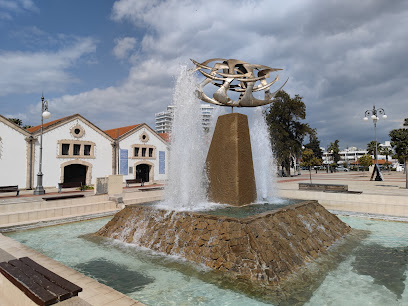
Landmark of Hala Sultan Tekkesi
Explore Hala Sultan Tekkesi, a serene historical mosque in Larnaca, Cyprus, offering cultural heritage and stunning views of the Salt Lake.
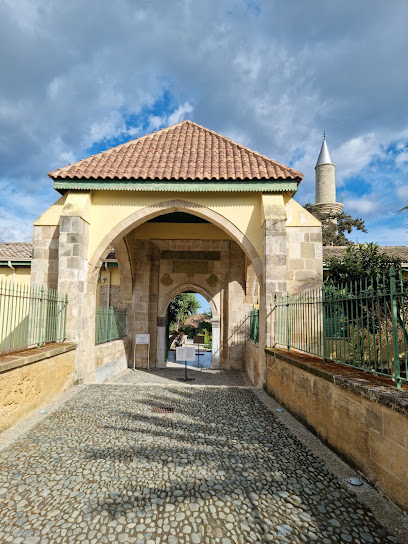
Larnaka Medieval Fort
Discover the historical essence of Cyprus at Larnaka Medieval Fort, a captivating fortress with stunning views and rich cultural heritage.
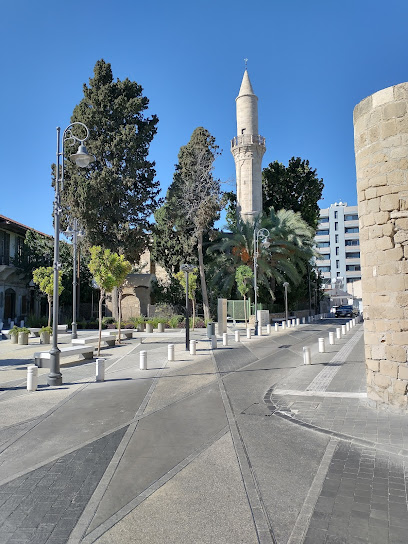
Finikoudes
Discover Finikoudes Beach in Larnaca, Cyprus: a vibrant coastal destination with golden sands, water sports, and rich cultural experiences.
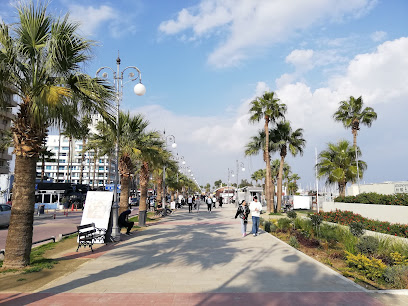
Ithaki Garden Restaurant
Experience authentic Cypriot cuisine in a lush garden setting at Ithaki Garden Restaurant, a hidden gem in the heart of Larnaca.
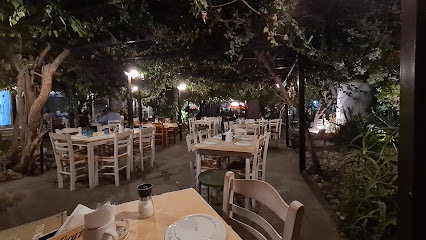
Kamares Aqueduct
Explore the stunning Kamares Aqueduct in Larnaca, Cyprus, a breathtaking example of ancient engineering surrounded by beautiful landscapes.
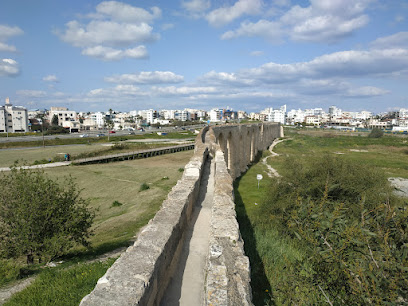
To Arxontikon
Experience authentic Greek and Mediterranean cuisine at To Arxontikon in Larnaca, where tradition meets flavor in a warm, welcoming atmosphere.
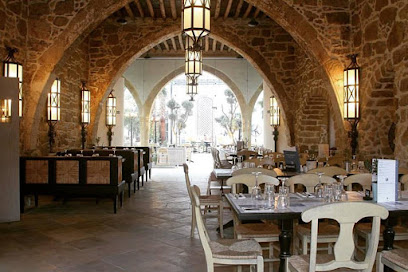
Edesma Cyprus Taverna - Souvlaki Place
Experience authentic Cypriot cuisine at Edesma Cyprus Taverna in Larnaca, offering delicious souvlaki, warm hospitality, and a taste of local culture.
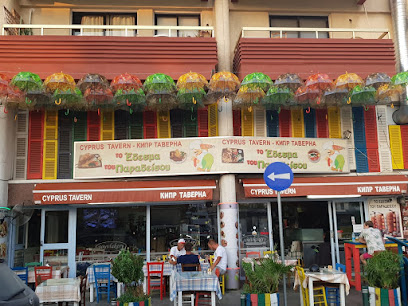
Larnaca Salt Lake
Discover the stunning beauty of Larnaca Salt Lake, a natural haven for wildlife enthusiasts and photographers in Cyprus.
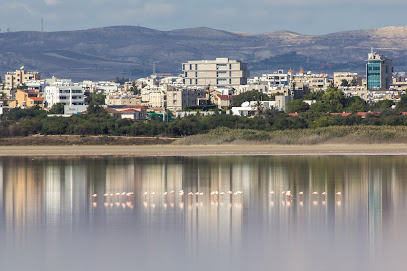
Larnaca Pier
Discover the captivating charm of Larnaca Pier, where vibrant culture meets breathtaking Mediterranean views in the heart of Cyprus.
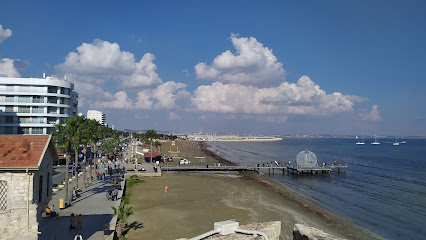
Archaeological Museum of Larnaka District
Discover Cypriot history at the Archaeological Museum of Larnaka District, showcasing artifacts from ancient civilizations in a captivating setting.
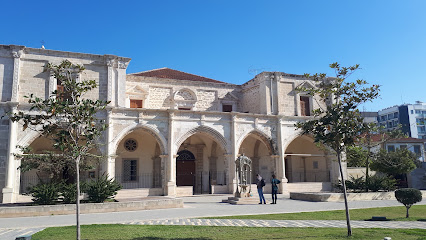
Archaeological Site of Kition
Discover the ancient history of Cyprus at the Archaeological Site of Kition, a remarkable landmark filled with ruins and artifacts.
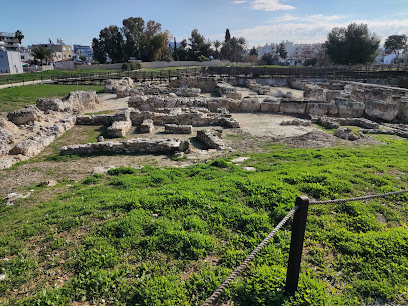
Chabad Lubavitch of Cyprus
Discover the vibrant community spirit at Chabad Lubavitch of Cyprus, where culture, hospitality, and friendship come together in Larnaca.
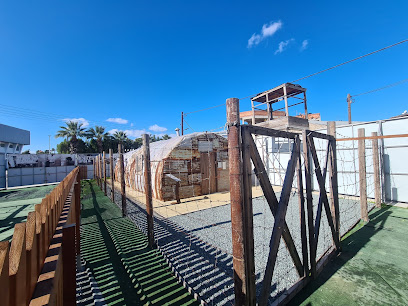
Unmissable attractions to see
Holy Church of Saint Lazarus
Discover the spiritual heart of Larnaca at the Holy Church of Saint Lazarus, a stunning Byzantine monument with a rich history and the tomb of the revered saint.
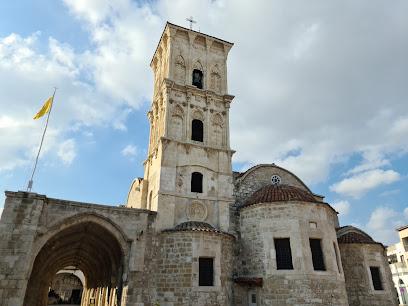
Ayia Napa Harbour
Discover Ayia Napa Harbour: Where history meets modern charm, offering stunning views, diverse activities, and a taste of authentic Cypriot culture along the island's vibrant southeastern coast.
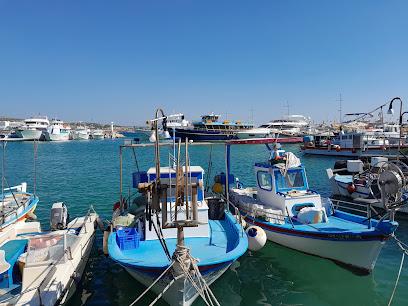
Cavo Greco National Park
Discover the unspoiled beauty of Cavo Greco National Park in Cyprus: dramatic coastlines, crystal-clear waters, and diverse ecosystems await exploration and adventure.
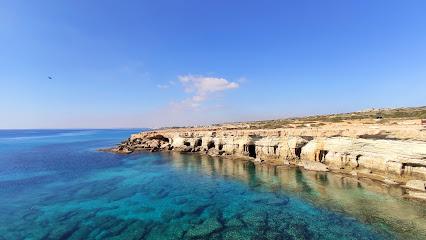
Sculpture Park
Discover a unique fusion of art and nature at Ayia Napa Sculpture Park, an open-air museum featuring contemporary sculptures by international artists amidst the stunning Cypriot landscape.
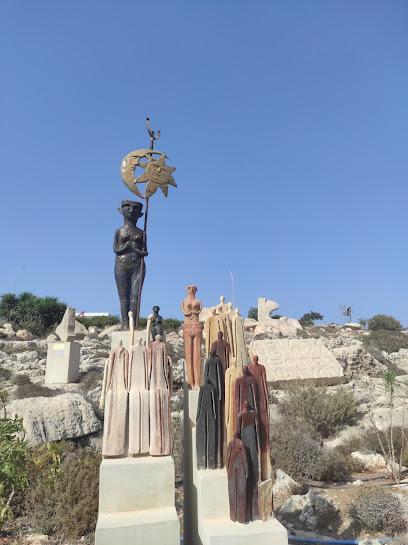
Nissi Beach
Discover Nissi Beach in Ayia Napa, Cyprus: a stunning coastal paradise with white sands, turquoise waters, thrilling water sports, and vibrant beach parties under the Mediterranean sun.
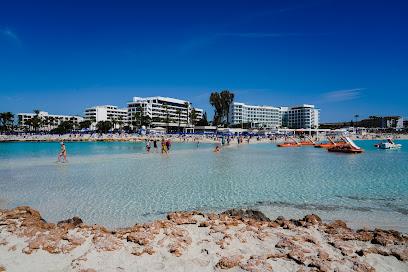
Bellapais Abbey
Discover the enchanting ruins of Bellapais Abbey in Northern Cyprus, a captivating blend of Gothic architecture, rich history, and breathtaking Mediterranean views, just a short trip from Kyrenia.
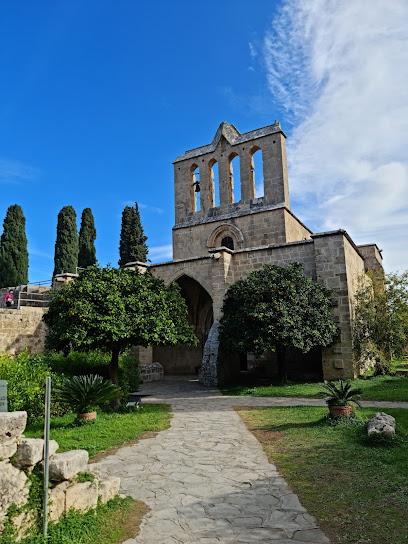
WaterWorld Themed Waterpark Ayia Napa
Experience the magic of ancient Greece at WaterWorld Themed Waterpark in Ayia Napa, offering thrilling rides and attractions for an unforgettable family adventure under the Mediterranean sun.
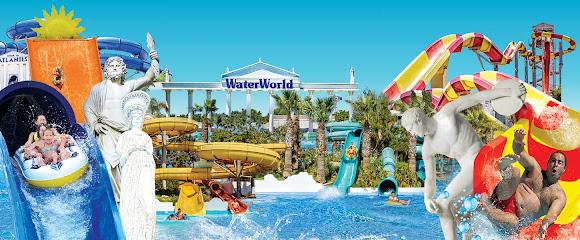
Cape Cavo Greco
Discover Cyprus's breathtaking coastal beauty at Cape Cavo Greco: Explore dramatic cliffs, hidden sea caves, diverse flora and fauna, and crystal-clear waters.
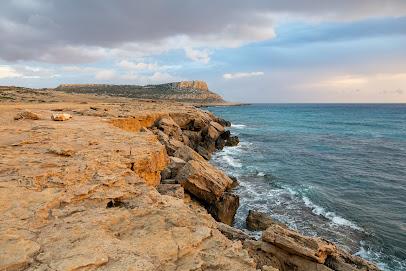
Finikoudes Beach
Experience the vibrant heart of Larnaca at Finikoudes Beach: a palm-lined paradise offering sun, sea, culture, and culinary delights along Cyprus's stunning Mediterranean coast.
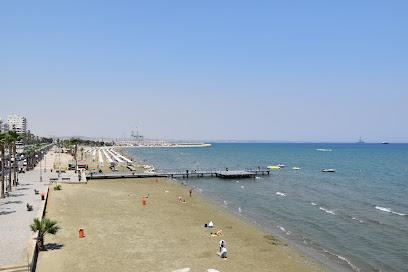
Sea Caves
Discover the breathtaking beauty of Ayia Napa's Sea Caves: a natural wonder sculpted by the sea, offering adventure, stunning views, and a glimpse into pirate history.
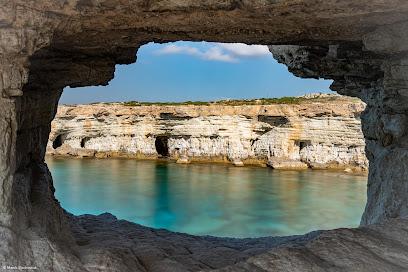
Larnaka Medieval Fort
Explore centuries of history at Larnaka Medieval Fort, from ancient ramparts to museum artifacts, offering stunning sea views and cultural events on the vibrant Foinikoudes promenade.
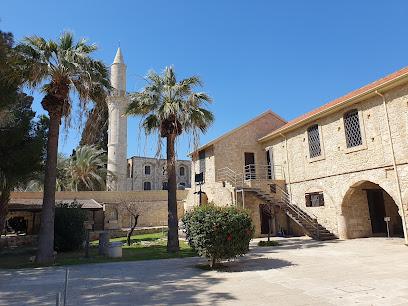
Ayia Napa Monument
Discover the Ayia Napa Monument, a symbol of the town's maritime heritage, offering panoramic Mediterranean views and a space for reflection on the beauty and history of Cyprus.
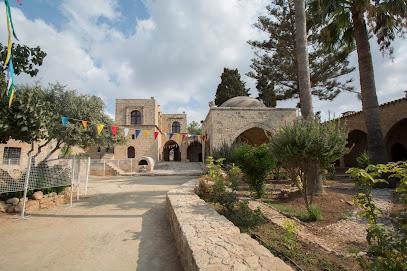
Bridge of Love
Discover the enchanting Bridge of Love in Ayia Napa, Cyprus: a natural wonder where romance meets breathtaking coastal scenery, creating unforgettable moments and lasting memories.
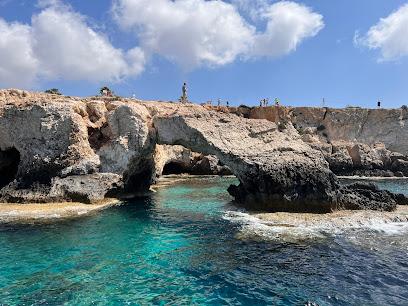
Konnos Beach
Discover Konnos Beach, Cyprus: A serene escape with crystal-clear waters, golden sands, and stunning natural beauty nestled in Cape Greco National Forest Park.
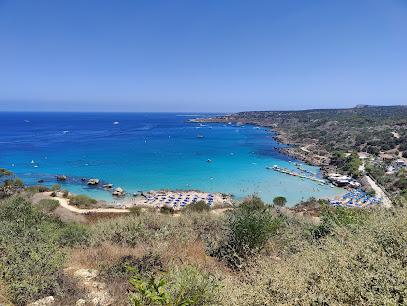
The Cyprus Museum
Discover Cyprus's captivating past at the Cyprus Museum in Nicosia, home to the island's most extensive collection of antiquities, showcasing a journey through millennia of history and culture.
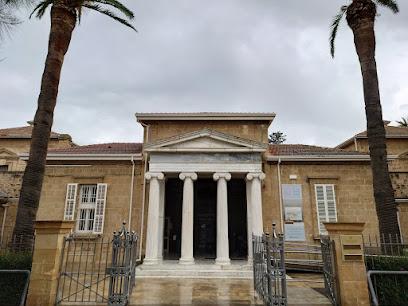
Essential places to dine
Ocean Basket Larnaca
Discover fresh seafood delights at Ocean Basket Larnaca – where every dish tells a story of flavor and tradition.
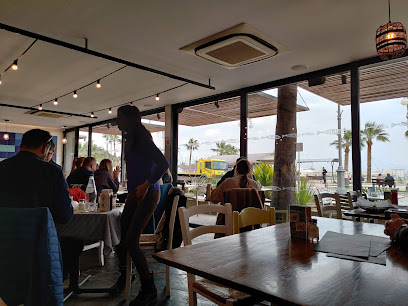
Souvlaki.gr
Discover authentic Greek flavors at Souvlaki.gr in Larnaca – where every meal is a taste of Mediterranean bliss.
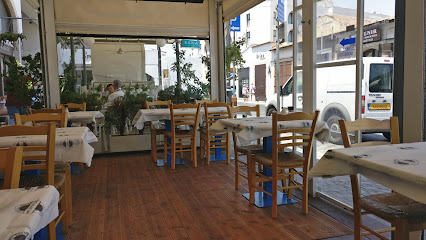
Militzis Traditional Tavern
Discover Militzis Traditional Tavern in Larnaca - where authentic Greek flavors meet warm hospitality for an unforgettable dining experience.
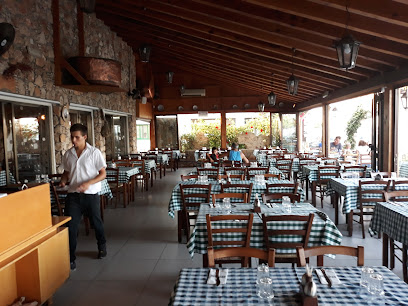
Zephyros Restaurant
Experience exquisite seafood dining with breathtaking views at Zephyros Restaurant in Larnaca, Cyprus.
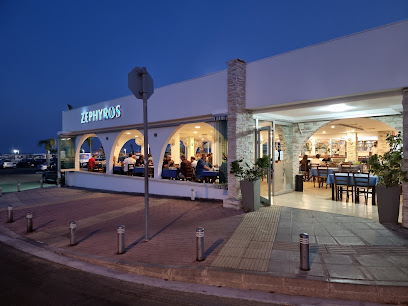
Maqam Al-Sultan Restaurant
Experience authentic Lebanese flavors at Maqam Al-Sultan Restaurant in Larnaca – a culinary journey not to be missed.
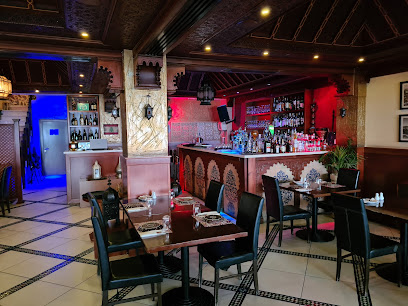
Ithaki Garden Restaurant
Discover authentic Cypriot flavors at Ithaki Garden Restaurant in Larnaca – where every dish tells a story.
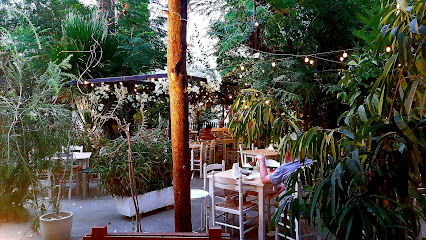
Ammos
Experience exquisite dining at Ammos by Makenzie Beach – where culinary creativity meets stunning coastal views.
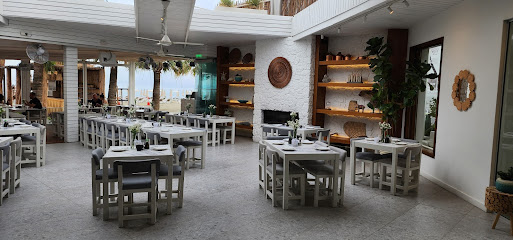
Kalamaki Bar
Experience authentic Greek flavors at Kalamaki Bar in Larnaca—where tradition meets taste amidst Cyprus's vibrant culinary scene.
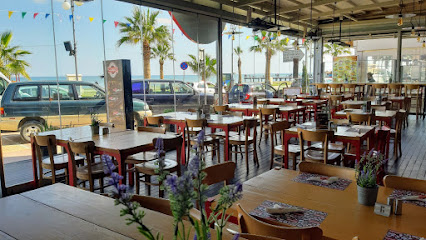
Aldente Cucina Italiana
Experience authentic Italian cuisine at Aldente Cucina Italiana in Larnaca - where every dish tells a story.
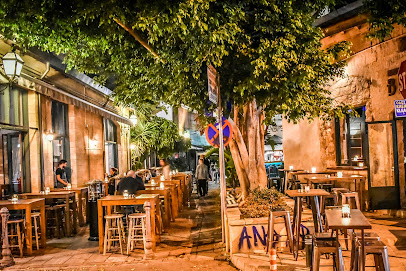
To Arxontikon
Experience authentic Greek flavors at To Arxontikon in Larnaca—where tradition meets taste in a charming Mediterranean setting.
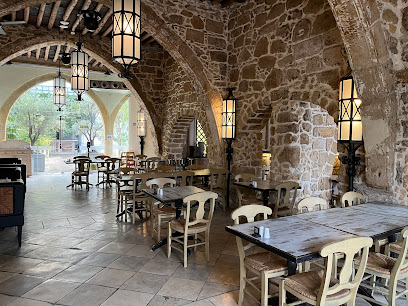
Edem's yard
Discover Edem's Yard in Larnaca – where Mediterranean flavors meet cozy vibes for unforgettable breakfast and brunch experiences.
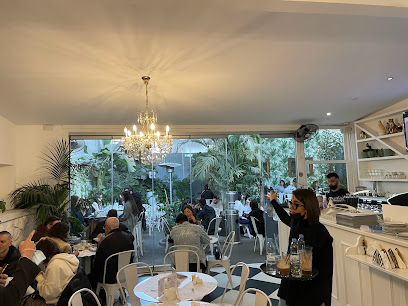
Edesma Cyprus Taverna - Souvlaki Place
Experience authentic Cypriot cuisine at Edesma Cyprus Taverna - home of delicious souvlaki and warm hospitality.
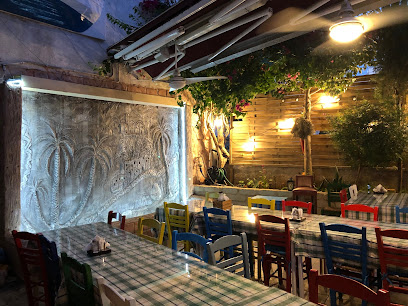
TGI Fridays Cyprus - Larnaca Finikoudes
Savor delicious American cuisine at TGI Fridays Cyprus - perfect for families and friends seeking fun dining experiences along Larnaca's stunning coastline.
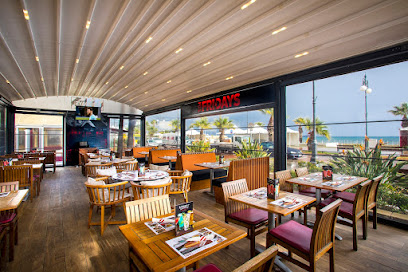
ALMAR Seafood Bar
Savor exquisite seafood dishes at ALMAR Seafood Bar while enjoying stunning views of Larnaca's Mediterranean coastline.
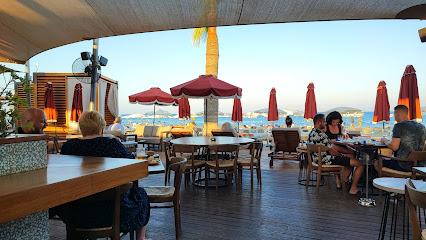
Panos Steak House
Discover the rich flavors of Cyprus at Panos Steak House - where every steak tells a story.
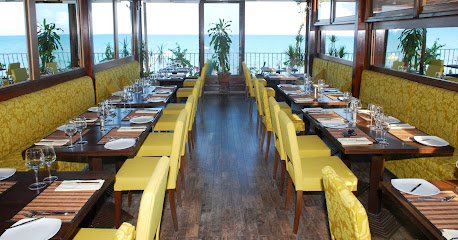
Markets, malls and hidden boutiques
Metropolis Mall@Larnaca
Discover shopping, dining, and entertainment at the Metropolis Mall in Larnaca, a premier destination for tourists and locals alike.
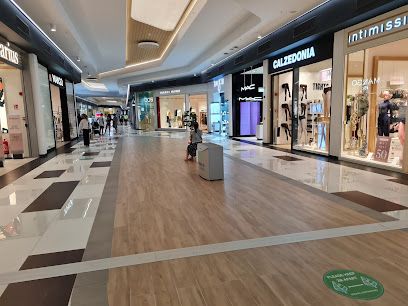
Superhome Center Larnaca
Explore Superhome Center Larnaca for all your home improvement needs, from tools to decor, and unleash your inner DIY enthusiast.
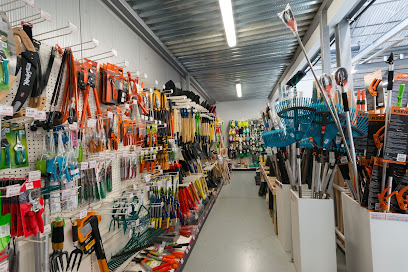
ERA Zenon
Discover a world of shopping at ERA Zenon, Larnaca's premier destination for an unforgettable retail experience.
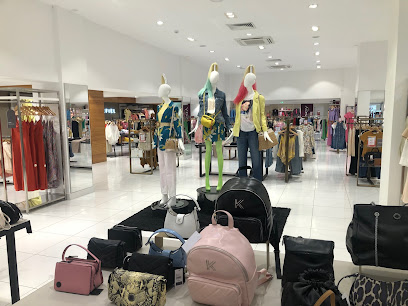
Mavros Larnaca
Discover a magical toy store in Larnaca, Cyprus, where imagination comes to life with a delightful array of toys and games for all ages.
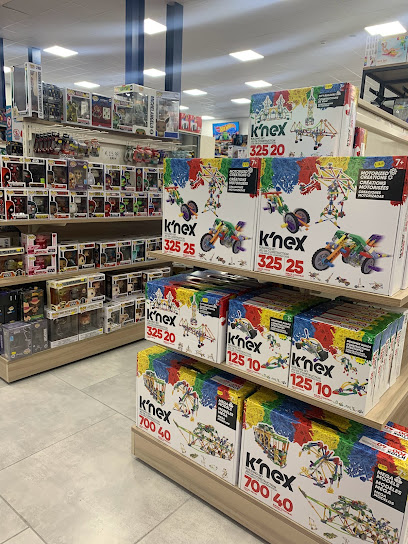
orofino jewellery
Explore the artistry of Orofinо Jewellery in Larnaca, where handcrafted elegance meets unique designs, perfect for memorable gifts.
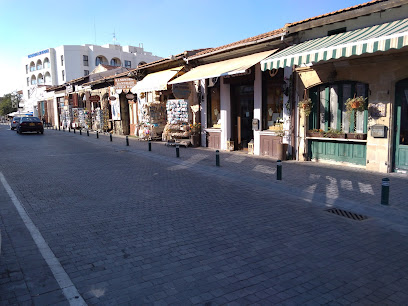
Jiovanis Kiosk
Discover Jiovanis Kiosk in Larnaca – your go-to convenience store for snacks, drinks, and local delicacies while exploring Cyprus.
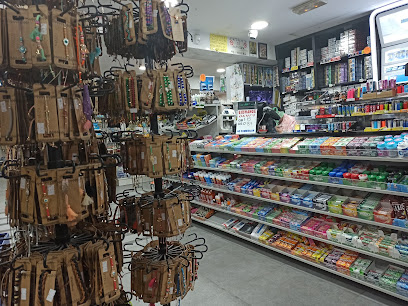
Sirocco Fashion Center Ltd
Explore Sirocco Fashion Center in Larnaca for unique and stylish clothing that captures the essence of contemporary fashion in Cyprus.
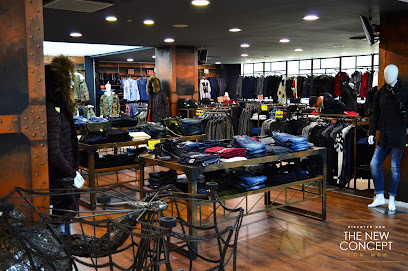
Once Upon A Time
Discover the magic of bridal elegance at Once Upon A Time in Larnaca, where your dream wedding gown awaits.
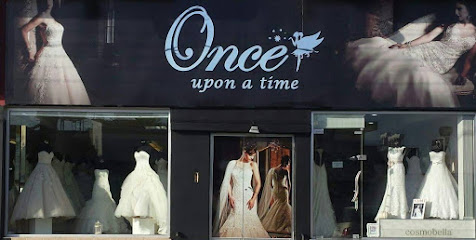
Shishalove Store Larnaca
Discover the vibrant world of hookah at Shishalove Store Larnaca, where tradition meets modernity in an inviting shopping experience.
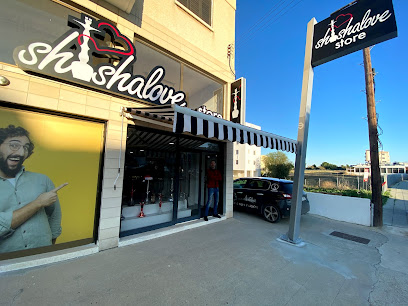
Next - Larnaca
Unveil the latest fashion trends at Next - Larnaca, a premier clothing store offering stylish apparel and accessories in the heart of Cyprus.
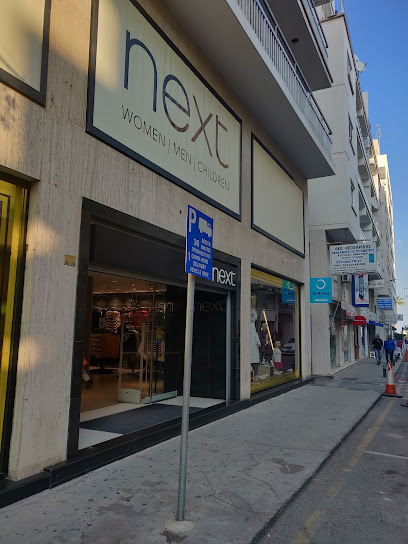
Every day is a gift
Discover the charm of handmade jewelry and pottery at 'Every Day is a Gift', an art gallery in Larnaca, showcasing the rich Cypriot craftsmanship.
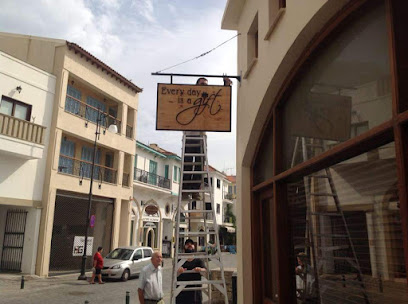
Angys Shop
Discover stylish clothing and unique beachwear at Angys Shop in Larnaca, Cyprus, a shopper's delight for all ages and occasions.
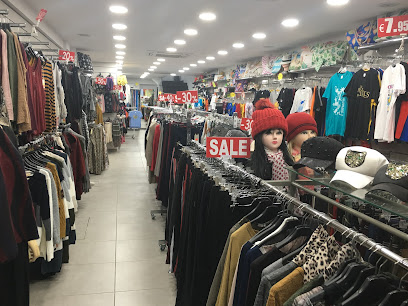
POW! The Shop
Explore POW! The Shop in Larnaca, Cyprus for unique souvenirs, handmade crafts, and the spirit of the island captured in every item.
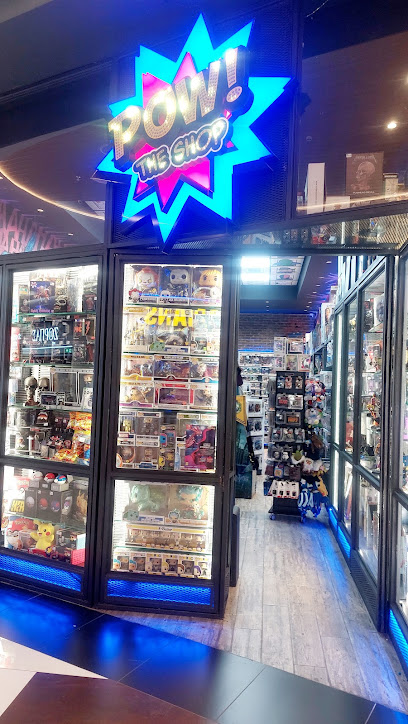
LarnaCan Skateshop
Explore LarnaCan Skateshop in Larnaca for top-notch skateboards, clothing, and a vibrant skate culture experience.
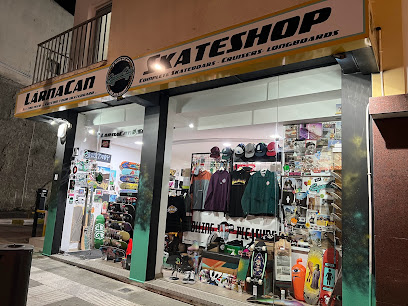
TREASURES FROM THE STONEAGE
Discover unique jewelry at Treasures from the Stoneage in Larnaca, where nature's beauty meets exquisite craftsmanship.
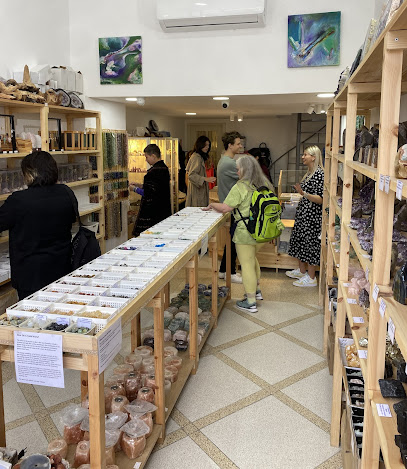
Essential bars & hidden hideouts
The Meeting Pub
Experience the vibrant atmosphere at The Meeting Pub, Larnaca's premier sports bar, perfect for fans and food lovers alike.
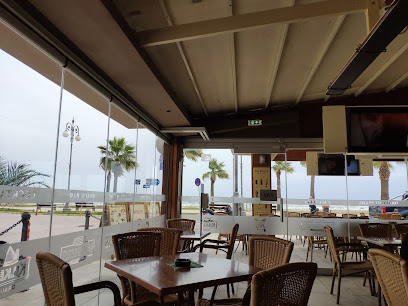
Savino Rock Bar
Experience the vibrant nightlife of Larnaca at Savino Rock Bar, where live rock music and great drinks create an unforgettable atmosphere.
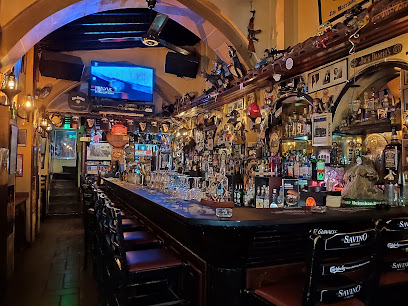
NUSA Beach Bar
Experience the vibrant atmosphere and stunning views at NUSA Beach Bar in Larnaca, Cyprus, where relaxation meets Mediterranean charm.
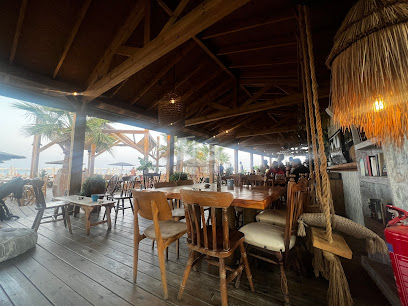
The Blue Pine Bar & Restaurant
Experience the vibrant culinary scene at The Blue Pine Bar & Restaurant in Larnaca, where delicious grilled dishes and refreshing drinks await you.
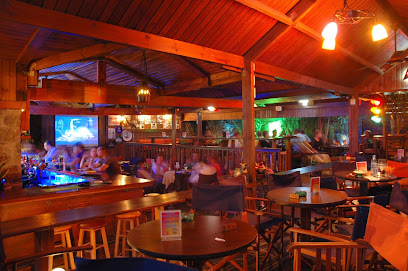
DSTRKT
Experience the vibrant fusion of dining and nightlife at DSTRKT in Larnaca, Cyprus – where great food meets lively entertainment.
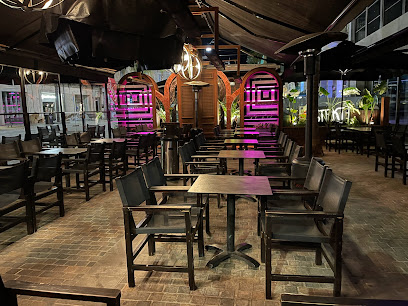
Old Market St.
Experience the vibrant nightlife at Old Market St., a beloved bar in Cyprus, perfect for drinks, socializing, and local culture.
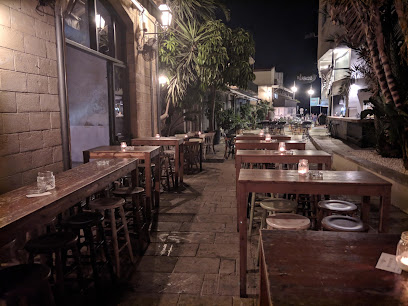
Secret Garden Wine & Coffee Bar
Experience the tranquil ambiance and delightful flavors at Secret Garden Wine & Coffee Bar, a hidden gem in Larnaca's lively streets.
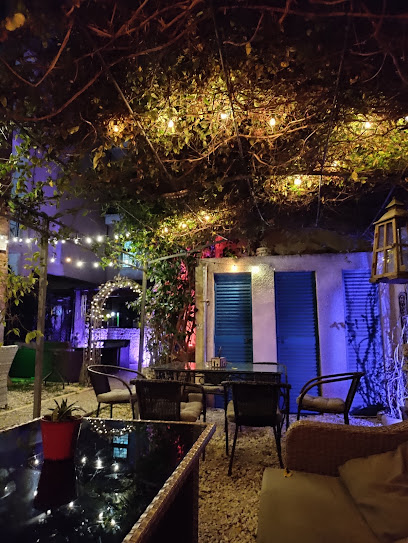
Preserve ALL DAY BAR
Discover the vibrant Preserve ALL DAY BAR in Larnaca, Cyprus, where you can enjoy coffee, cocktails, and a delightful dining experience all day long.
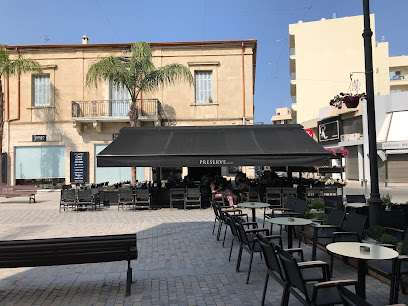
The Tudor Inn Bar & Restaurant
Experience the best of Cypriot grill cuisine at The Tudor Inn Bar & Restaurant in Larnaca, where flavor meets a cozy atmosphere.
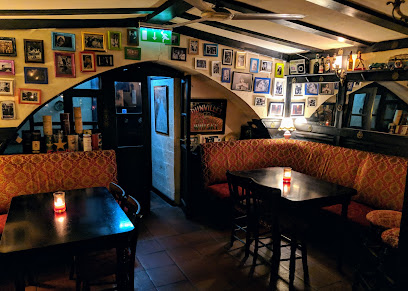
Stories Coctail & Wine Bar
Experience the vibrant nightlife of Larnaca at Stories Cocktail & Wine Bar, where expert mixology meets a lively atmosphere.
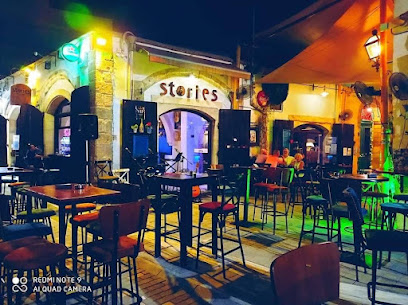
CUCKOO Rooftop
Experience the vibrant atmosphere and stunning views at CUCKOO Rooftop, Larnaca's premier cocktail bar, perfect for a memorable night out.
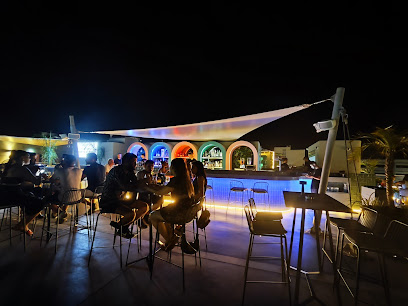
Hot Shots Music Bar
Discover the vibrant nightlife at Hot Shots Music Bar in Larnaca, where live music and crafted cocktails come together for an unforgettable experience.
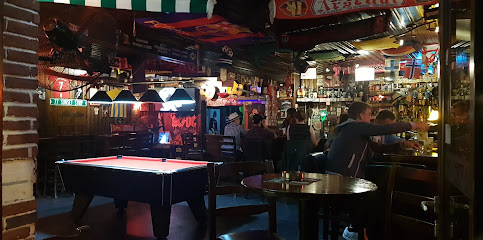
Memories Rooftop Bar
Experience breathtaking views and exquisite cocktails at Memories Rooftop Bar in Larnaca, where every sip is a taste of paradise.
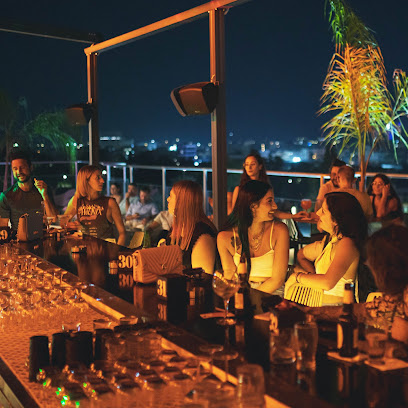
Dylan's Rock Bar
Discover the vibrant atmosphere of Dylan's Rock Bar in Larnaca, Cyprus, where exceptional cocktails and lively entertainment meet.
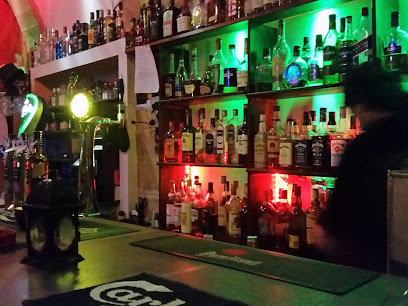
Local Phrases
-
- HelloΓεια σας
[Yia sas] - GoodbyeΑντίο
[Adio] - YesΝαι
[Ne] - NoΌχι
[Ohi] - Please/You're welcomeΠαρακαλώ
[Parakalo] - Thank youΕυχαριστώ
[Efharisto] - Excuse me/SorryΣυγνώμη
[Signomi] - How are you?Πώς είστε;
[Pos iste?] - Fine. And you?Καλά. Εσείς;
[Kala. Esis?] - Do you speak English?Μιλάτε Αγγλικά;
[Milate Agglika?] - I don't understandΔεν καταλαβαίνω
[Den katalaveno]
- HelloΓεια σας
-
- I'd like to see the menu, pleaseΘα ήθελα να δω το μενού, παρακαλώ
[Tha ithela na do to menou, parakalo] - I don't eat meatΔεν τρώω κρέας
[Den troo kreas] - Cheers!Υγεία!
[Ygeia!] - I would like to pay, pleaseΘα ήθελα να πληρώσω, παρακαλώ
[Tha ithela na plirosso, parakalo]
- I'd like to see the menu, pleaseΘα ήθελα να δω το μενού, παρακαλώ
-
- Help!Βοήθεια!
[Voithia!] - Go away!Φύγε!
[Fiye!] - Call the Police!Καλέστε την Αστυνομία!
[Kaleste tin Astinomia!] - Call a doctor!Καλέστε έναν γιατρό!
[Kaleste enan yatro!] - I'm lostΈχω χαθεί
[Eho hathi] - I'm illΕίμαι άρρωστος
[Ime arrostos]
- Help!Βοήθεια!
-
- I'd like to buy...Θα ήθελα να αγοράσω...
[Tha ithela na agoraso...] - I'm just lookingΑπλά κοιτάω
[Apla kitao] - How much is it?Πόσο κοστίζει;
[Poso kostizi?] - That's too expensiveΑυτό είναι πολύ ακριβό
[Afto ine poli akribo] - Can you lower the price?Μπορείτε να μειώσετε την τιμή;
[Borite na miosete tin timi?]
- I'd like to buy...Θα ήθελα να αγοράσω...
-
- What time is it?Τι ώρα είναι;
[Ti ora ine?] - It's one o'clockΕίναι μία ώρα
[Ine mia ora] - Half past (10)Μισή (10)
[Misi (dekax)] - MorningΠρωί
[Proi] - AfternoonΑπόγευμα
[Apoyevma] - EveningΒράδυ
[Vradi] - YesterdayΧθες
[Hthes] - TodayΣήμερα
[Simera] - TomorrowΑύριο
[Avrio] - 1Ένα
[Ena] - 2Δύο
[Dio] - 3Τρία
[Tria] - 4Τέσσερα
[Tessera] - 5Πέντε
[Pente] - 6Έξι
[Exi] - 7Εφτά
[Efta] - 8Οχτώ
[Ohto] - 9Εννέα
[Ennea] - 10Δέκα
[Deka]
- What time is it?Τι ώρα είναι;
-
- Where's a/the...?Πού είναι ένα/το...;
[Pou ine ena/to...?] - What's the address?Ποια είναι η διεύθυνση;
[Pia ine i diefthinsi?] - Can you show me (on the map)?Μπορείτε να μου δείξετε (στο χάρτη);
[Borite na mou dixete (sto charti)?] - When's the next (bus)?Πότε είναι το επόμενο (λεωφορείο);
[Pote ine to epomeno (leoforeio)?] - A ticket (to ....)Ένα εισιτήριο (για το...);
[Ena isitirio (gia to...)?]
- Where's a/the...?Πού είναι ένα/το...;
History of Larnaca
-
Larnaca, known in antiquity as Kition, has a history that dates back over 4,000 years. Founded by the Mycenaean Greeks in the 13th century BC, Kition became a significant city-kingdom. Archaeological excavations have unearthed extensive ruins, including defensive walls, temples dedicated to the goddess Astarte, and remains of a sophisticated drainage system. The city's wealth and strategic location made it a pivotal trade hub in the eastern Mediterranean.
-
In the 9th century BC, the Phoenicians settled in Kition, further cementing its status as a prominent trading center. They introduced advanced shipbuilding techniques and expanded the city's harbor. The Phoenician presence is evident through various archaeological finds, including inscriptions and artifacts that highlight the cultural fusion between the native Cypriots and the Phoenician settlers.
-
Following Alexander the Great's conquests, Kition came under Hellenistic rule in the 4th century BC. The city was later absorbed into the Roman Empire, becoming part of the province of Cyprus. During these periods, Kition flourished, with the construction of grand public buildings, theaters, and bathhouses. The fusion of Greek and Roman architectural styles is evident in the remnants of this era.
-
Christianity reached Kition in the 1st century AD, and the city is believed to have been visited by Lazarus of Bethany, who, according to tradition, became the first bishop of Kition. The Church of Saint Lazarus, built in the 9th century, stands as a testament to this early Christian influence. During the Byzantine era, Larnaca continued to thrive, serving as a religious and economic center, with numerous churches and monasteries established in and around the city.
-
The medieval period saw Larnaca fall under the rule of the Lusignan dynasty following the Crusades. The city became a significant administrative center and port for the Kingdom of Cyprus. This era brought about the construction of fortifications and the development of a thriving commercial port, connecting Cyprus with Europe and the Middle East.
-
In 1571, Cyprus was conquered by the Ottoman Empire, marking the beginning of over three centuries of Ottoman rule. Larnaca, known as 'Iskele' during this period, became an important administrative and trade center. The Ottomans built various structures, including the Larnaca Fort in the early 17th century, which served both as a defensive stronghold and a prison.
-
The British took control of Cyprus in 1878, and Larnaca continued to prosper under British rule. The city developed modern infrastructure, including roads, schools, and hospitals. Larnaca's port remained a vital link for trade and communication until the development of newer ports in other parts of Cyprus. The British influence is still visible in the city’s architecture and urban planning.
-
Since Cyprus gained independence in 1960, Larnaca has grown into a vibrant city blending its rich historical past with modern development. It is a popular tourist destination, known for its beautiful beaches, cultural festivals, and significant archaeological sites. Modern Larnaca continues to honor its ancient heritage while embracing contemporary advancements.
Larnaca Essentials
-
Larnaca is served by the Larnaca International Airport (LCA), which is located about 4 kilometers southwest of the city center. The airport handles numerous international flights from Europe, the Middle East, and beyond. From the airport, you can take a taxi, which takes around 15 minutes to reach the city center. There are also public buses (routes 417, 418, 419, and 429) that connect the airport to various parts of Larnaca.
-
Larnaca has a well-developed public transportation system, including buses that cover the city and surrounding areas. Intercity buses connect Larnaca to other major cities in Cyprus, such as Nicosia, Limassol, and Paphos. Taxis are readily available and can be hailed on the street or booked in advance. Car rental services are also available for those who prefer to explore at their own pace. For shorter distances, walking or biking are convenient options.
-
The official currency in Cyprus is the Euro (EUR). Credit and debit cards are widely accepted in hotels, restaurants, and shops. ATMs are plentiful, especially in tourist areas, and they dispense euros. It is advisable to carry some cash, especially when visiting smaller shops, markets, or more remote areas. Currency exchange services are available at banks and exchange bureaus.
-
Larnaca is generally a safe destination for tourists. However, like any city, it is important to take standard precautions. Avoid walking alone at night in unfamiliar areas and keep an eye on your belongings in crowded places, such as markets and public transport. There are no specific high-crime areas targeting tourists, but it is always best to stay vigilant and aware of your surroundings.
-
In case of emergency, dial 112 for immediate assistance, which covers police, fire, and medical services. Larnaca has several hospitals and clinics that provide medical care to tourists. Pharmacies are widespread and offer over-the-counter medications. It is recommended to have travel insurance that covers medical emergencies. For minor health issues, pharmacists can often provide advice and treatment.
-
Fashion: Do dress modestly, especially when visiting religious sites. Avoid overly revealing clothing. Religion: Do respect local customs and traditions. Always cover your shoulders and knees when entering churches. Public Transport: Do be respectful and give up your seat to elderly passengers. Don't eat or drink on public transport. Greetings: Do greet people with a warm smile or handshake. Cypriots are generally friendly and welcoming. Eating & Drinking: Do try local delicacies such as halloumi cheese and souvlaki. Don't refuse hospitality, as it is considered impolite.
-
To experience Larnaca like a local, visit the bustling Larnaca Market on a Saturday morning for fresh produce and local goods. Take a leisurely stroll along the Finikoudes Promenade, where you can enjoy a coffee at a local café or try a traditional Cypriot meze at one of the seaside taverns. Engaging with the locals can provide insights into the city’s rich history and culture. Don't miss visiting the Church of Saint Lazarus and the Hala Sultan Tekke, both significant historical and cultural landmarks.
Trending Landmark in Larnaca
-
Holy Church of Saint Lazarus
-
Finikoudes Beach
-
Larnaca Marina
-
Landmark of Hala Sultan Tekkesi
-
Larnaka Medieval Fort
-
Finikoudes
-
Ithaki Garden Restaurant
-
Kamares Aqueduct
-
To Arxontikon
-
Edesma Cyprus Taverna - Souvlaki Place
-
Larnaca Salt Lake
-
Larnaca Pier
-
Archaeological Museum of Larnaka District
-
Archaeological Site of Kition
-
Chabad Lubavitch of Cyprus
Nearby Cities to Larnaca
-
Things To Do in Ayia Napa
-
Things To Do in Famagusta
-
Things To Do in Nicosia
-
Things To Do in Protaras
-
Things To Do in Kyrenia
-
Things To Do in Limassol
-
Things To Do in Troodos
-
Things To Do in Pissouri
-
Things To Do in Polis Chrysochous
-
Things To Do in Paphos
-
Things To Do in Kato Paphos
-
Things To Do in Batroun
-
Things To Do in Byblos
-
Things To Do in Beirut
-
Things To Do in Jounieh













